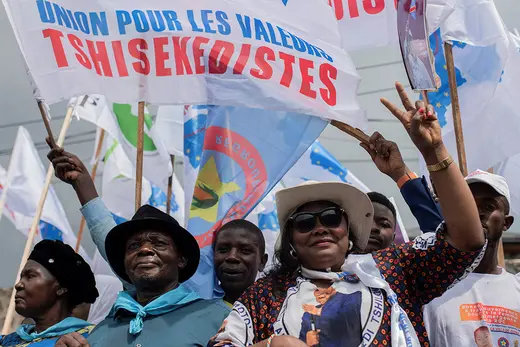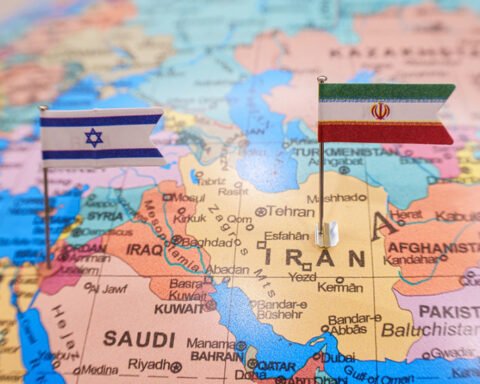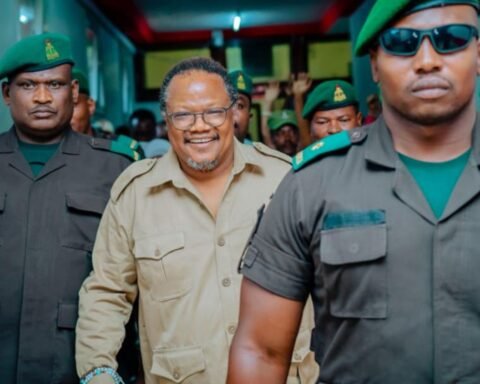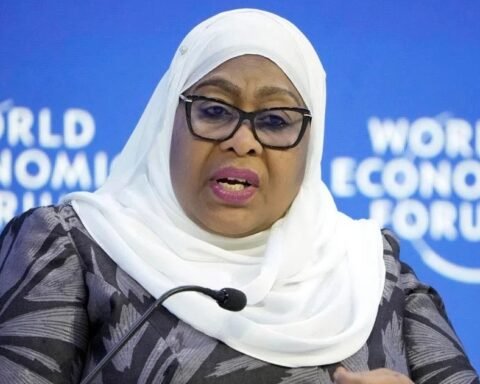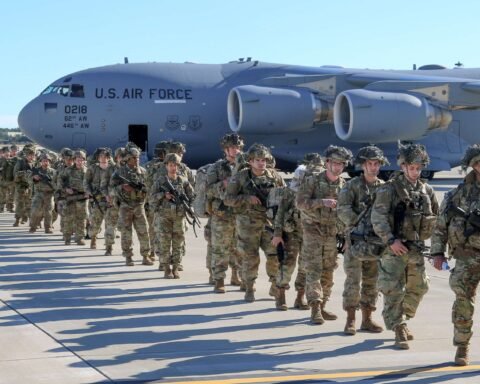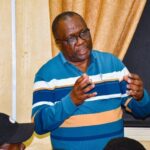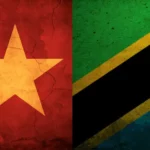Efforts to bring an end to the long-running conflict in the eastern region of the Democratic Republic of the Congo (DRC) are gaining momentum once again, following years of stalemates and failed peace deals.
Backed by Qatar and the United States, a new round of diplomatic interventions has raised hopes that the cycle of violence that has plagued the mineral-rich but unstable region could finally be broken.
The new push comes after successive mediation attempts by continental and regional blocs, including the United Nations (UN), the African Union (AU), the East African Community (EAC), and the Southern African Development Community (SADC), all of which have struggled to yield long-lasting results.
In recent weeks, Qatar hosted talks in Doha, bringing together representatives from the Congolese government and the March 23 Movement (M23), a rebel group that has seized vast swathes of land in the country’s east. The negotiations led to the signing of a “Declaration of Principles”, affirming both parties’ commitment to a ceasefire and paving the way for broader peace discussions scheduled from August 8 to 18.
Earlier, a separate high-level agreement brokered in Washington, D.C. involved top officials from the DRC and Rwanda. This deal included pledges to withdraw troops, cease support for armed groups, and promote cross-border economic cooperation. Rwanda, long accused of supporting M23—a claim it denies—agreed to pull back its forces within 90 days.
Despite the progress, deep-rooted mistrust between the parties remains. President Paul Kagame of Rwanda has voiced concerns about the continued presence of the Democratic Forces for the Liberation of Rwanda (FDLR), a militia composed largely of remnants of those responsible for the 1994 genocide. Kigali sees the group as a direct threat to its national security.
Also Read; Sudan’s RSF Declares Rival Government in Darfur
On the Congolese side, the government insists that peace is impossible without the full withdrawal of M23 rebels from territories they occupy, including around the strategically vital city of Goma, the capital of North Kivu Province.
This troubled region has seen decades of instability, exacerbated by ethnic tensions, competition over natural resources, and weak governance. Millions of people have been internally displaced, and humanitarian groups warn of deteriorating conditions for civilians trapped between warring factions.
In December 2023, the UN Security Council passed Resolution 2773 calling for all foreign actors to cease interference and support a Congolese-led peace process. While some foreign forces have since begun pulling out, credible reports suggest that proxy support for armed groups persists.
Experts say the upcoming Doha negotiations will be critical. Issues on the agenda include:
- Disarmament and demobilization of rebel fighters
- Reintegration into civilian life and the national army (FARDC)
- Restoration of state authority in rebel-held areas
- Transitional justice and community reconciliation
For civilians in eastern Congo, this is yet another moment of cautious optimism. Years of broken promises have left many skeptical, but the involvement of new global actors has reignited hope that, perhaps this time, peace might endure.
The world is watching. What happens next will determine not only the future of millions in the DRC but also the credibility of international diplomacy in resolving one of Africa’s longest-running conflicts.

